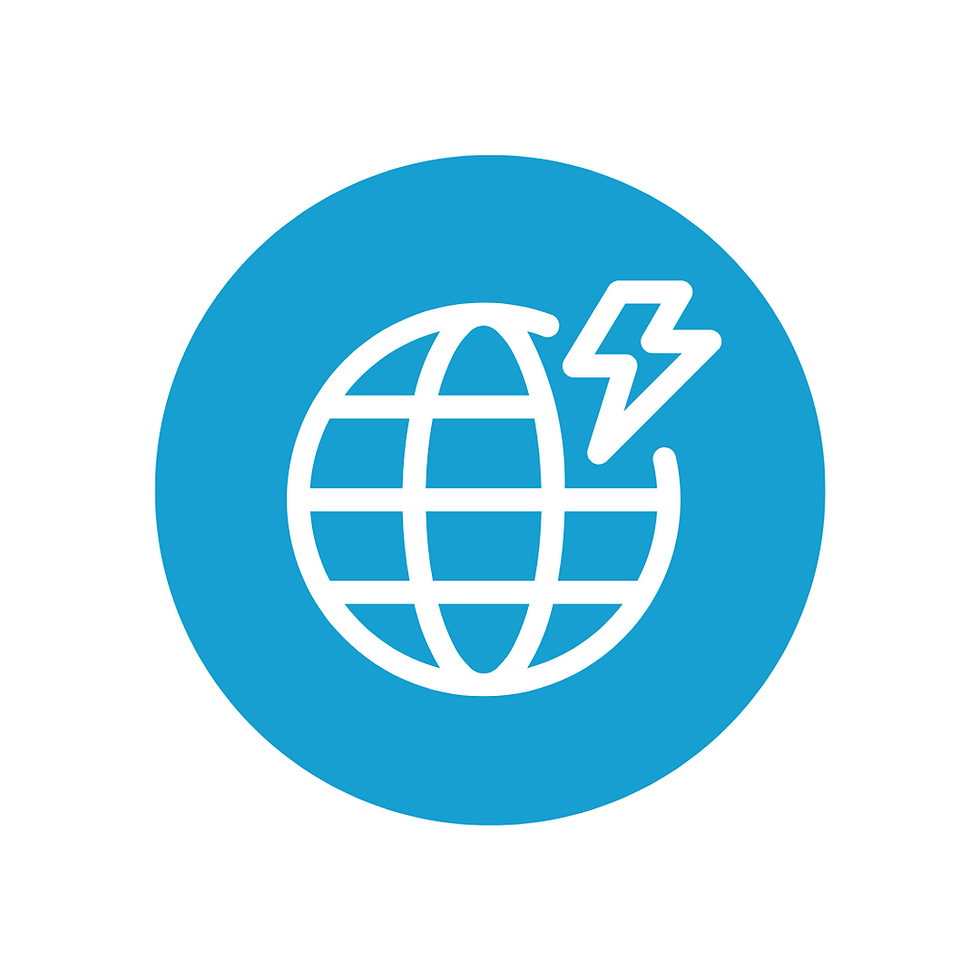Energy security: are governments better prepared for risks?
- REDAÇÃO H2RADAR
- Aug 4, 2025
- 2 min read

Growing geopolitical instability and volatile energy markets have rekindled global concerns about energy security. Since the landmark oil crisis of the 1970s, governments have invested in more robust policies and response mechanisms to mitigate supply shortage risks. With a more interconnected and complex global energy system, it is essential to assess whether nations are better equipped to face not only traditional threats but also emerging ones, such as cyberattacks and climate change.
Historical Advances and the New Paradigm of Global Energy Security
Over the past five decades, there has been significant progress in the institutionalization of energy emergency response measures. In 1973, before the first major oil crisis, only a handful of countries—representing less than 1% of net oil imports—had formal energy security mechanisms. The founding of the International Energy Agency (IEA) in 1974 marked a turning point, with the requirement that member countries maintain strategic petroleum reserves equivalent to 90 days of net imports. From then on, policies of diversification, efficiency, and innovation became fundamental pillars of national energy strategies. Today, 61 countries—42 of them net importers—have formal emergency stock requirements, covering 98% of global net imports.
The growing sophistication of threats, however, has necessitated a parallel evolution in policy approaches. The contemporary energy system, widely interconnected and dependent on global supply chains, requires more complex instruments and increased international coordination. The launch of the IEA's Global Energy Policies Hub in 2024 and its recent update in 2025—with over 5,000 records from 84 countries—offers a concrete basis for assessing current resilience. Beyond conventional threats, governments now face challenges such as cybersecurity, climate resilience, and the integrity of clean energy supply chains. From this expanded perspective, the data reveals that while threats are more sophisticated, governments are also better equipped and informed to address them than at any time in recent history.
View the data HERE






